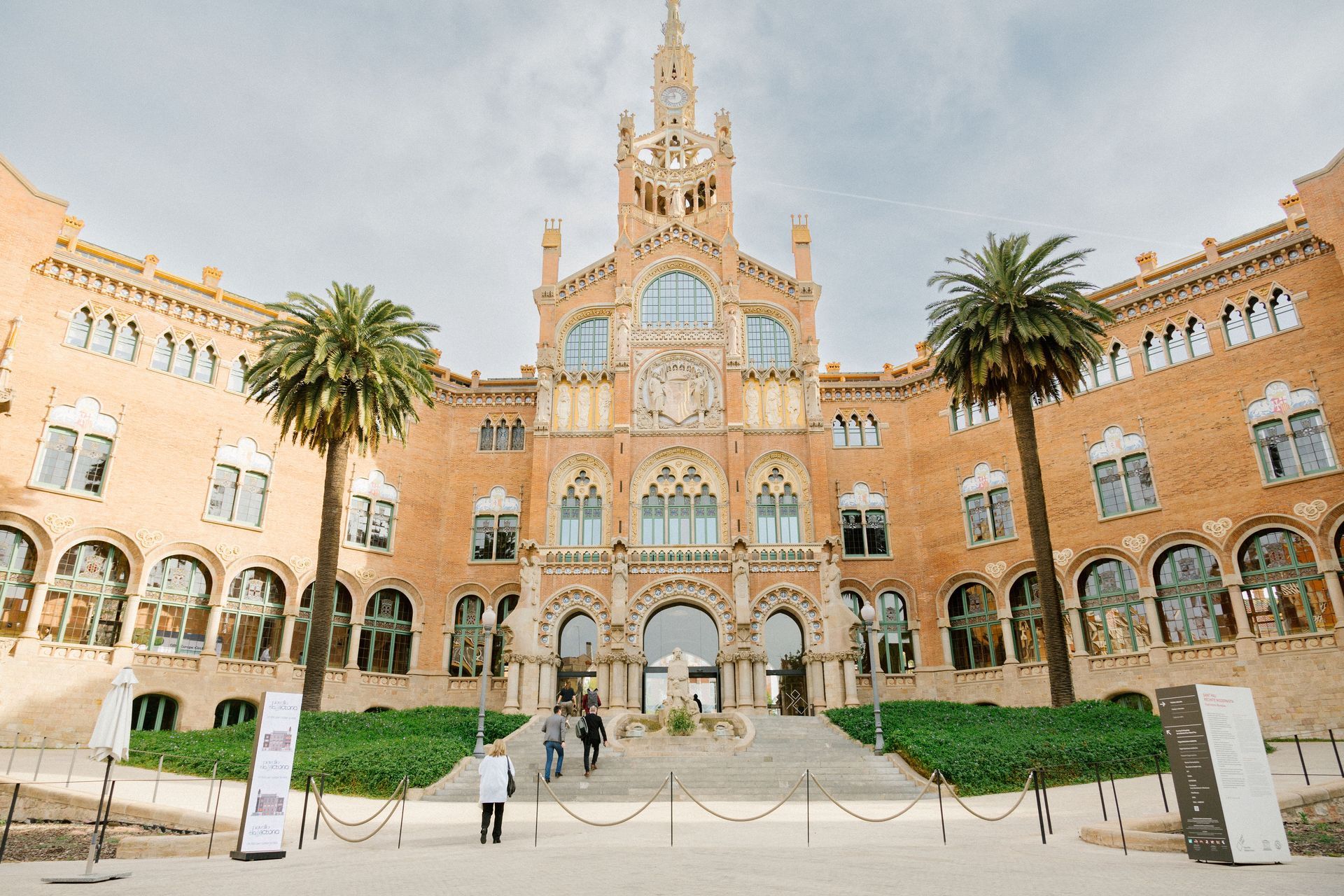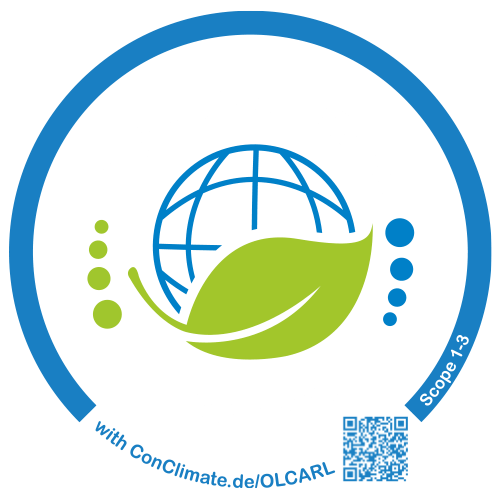EnviroSustain x Rewilding Europe collaboration: the first visit to the Oder Delta landscape
In February 2023, EnviroSustain announced a long-term partnership with Rewilding Europe. This collaboration will see a portion of the EnviroSustain turnover supporting rewilding initiatives for the next ten years, as well as pro bono advice on rewilding-related buildings in the network- such as new offices and rewilding centres. In June, Dr. Birgit Memminger-Rieve, MD at EnviroSustain, and Ingemar Hunold, Partner at EnviroSustain, met with the Rewilding Oder Delta team to provide support and advice for their newly established centre.
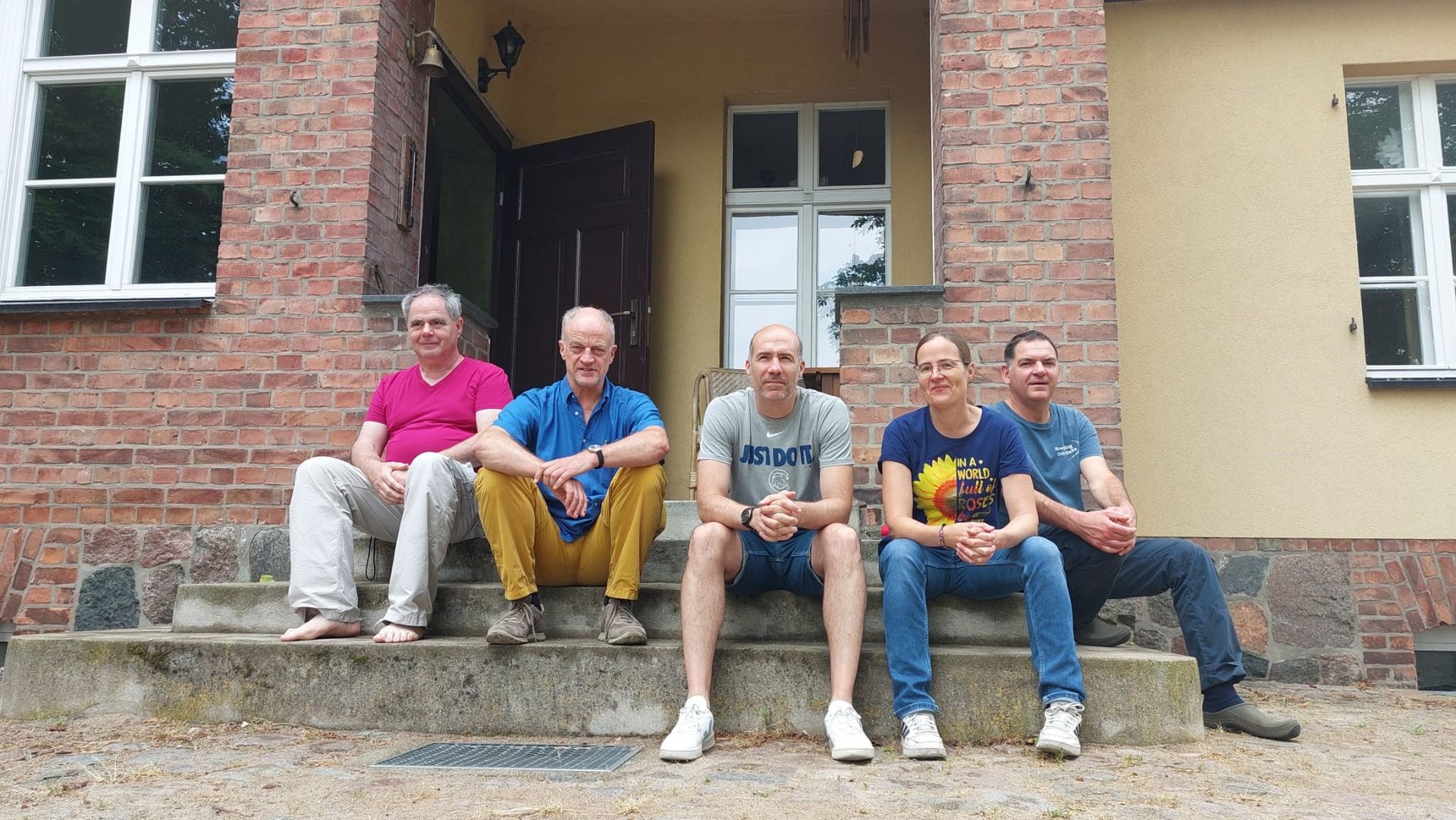
Getting to know the team
EnviroSustain has been providing a broad range of technical, environmental, sustainability, and energy related services to European commercial real estate firms since 2001. As part of the new agreement, the company will provide a percentage of its annual turnover over the next decade, with the money initially used to support Rewilding Europe’s recently launched European Wildlife Comeback Fund, which is working to scale up keystone species reintroduction and population reinforcement across Europe.
“So in March, Ingemar and I met with the Rewilding Europe team and explored the beautiful city of Nijmegen in the Netherlands, located on the Waal river close to the German border. This was the first in-person meeting with the Rewilding Europe team. Now, towards the end of June, it was time to meet the German part of the team at the transboundary Oder Delta landscape which is situated closest to EnviroSustain’s headquarters in Berlin.” says Dr. Birgit Memminger-Rieve, EnviroSustain’s Managing Director.
“We met with the team, including Ulrich Stöcker (Managing Director & Team Leader Germany), Peter Torkler (Managing Director & Team Leader Poland), Frank Götz-Schlingmann (Network Coordinator), Suleika Suntken (Enterprise Manager) and Nancy Wolf (Freshwater Ecosystems Officer),”
A hub of wildlife within two hours from Berlin
The Oder Delta landscape entered the Rewilding Europe network in 2015. The area spreading between the border of Poland and Germany, is a unique region with a rich mosaic of terrestrial, marine, and freshwater ecosystems. Its strategic location on one of the ecological crossroads in Europe makes it one of the most exciting wild areas in north-central Europe.
The region which stretches over more than 450,000 hectares, of which nearly 70,000 hectares are the open waters of the lagoon, is an important stop-over site for migrating water birds using the East Atlantic Flyway. Rewetting of formerly drained pastures in Germany and the abandonment of peat-cutting in Poland has allowed a dramatic comeback of wildlife, most spectacularly for white-tailed eagles that now have the highest breeding density in Europe as well as common crane, otter, beaver, salmon, seatrout, and many other species.
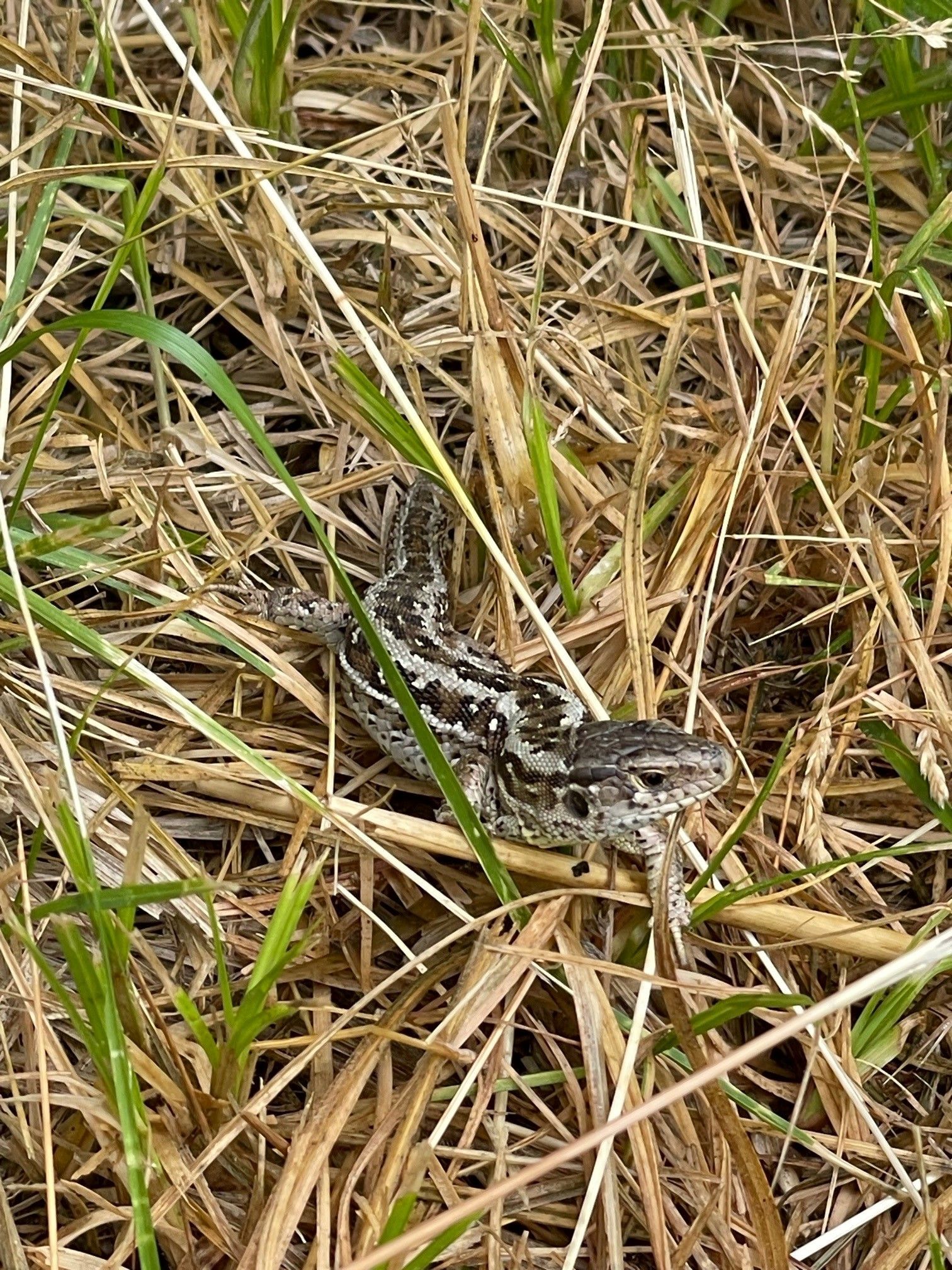
Supporting resilient ecosystems
The multidisciplinary team consisting of Polish and German professionals work on the broad scope of activities ranging from freshwater ecosystems restoration, through marine rewilding, to supporting wildlife comeback and nature-based economy.
All the measures contribute to the mosaic landscape abundant with a diverse range of wildlife species. This unique jigsaw of habitats has large carbon storage capacities and, complete with naturally occurring populations of free-roaming herbivores and apex predators, can help to significantly reduce the scale and impact of climate change.
To be able to realise the bold rewilding vision, a strong network of partners working together is the key. Nature-based economy, involving a wide range of local producers, hospitality business owners, guides and nature tourism operators, attracts an increasing number of visitors – which encourages landowners to support further wildlife comeback and enables more inhabitants to make a living from wild nature.
With the opening of the new rewilding centre, the team hopes to foster a strong connection with partners, stakeholders, and communities. Plans include a transformation of the facility to comply with the newest sustainability standards and will serve as a coherent base for the organisation’s measures in the field of ecosystem restoration.
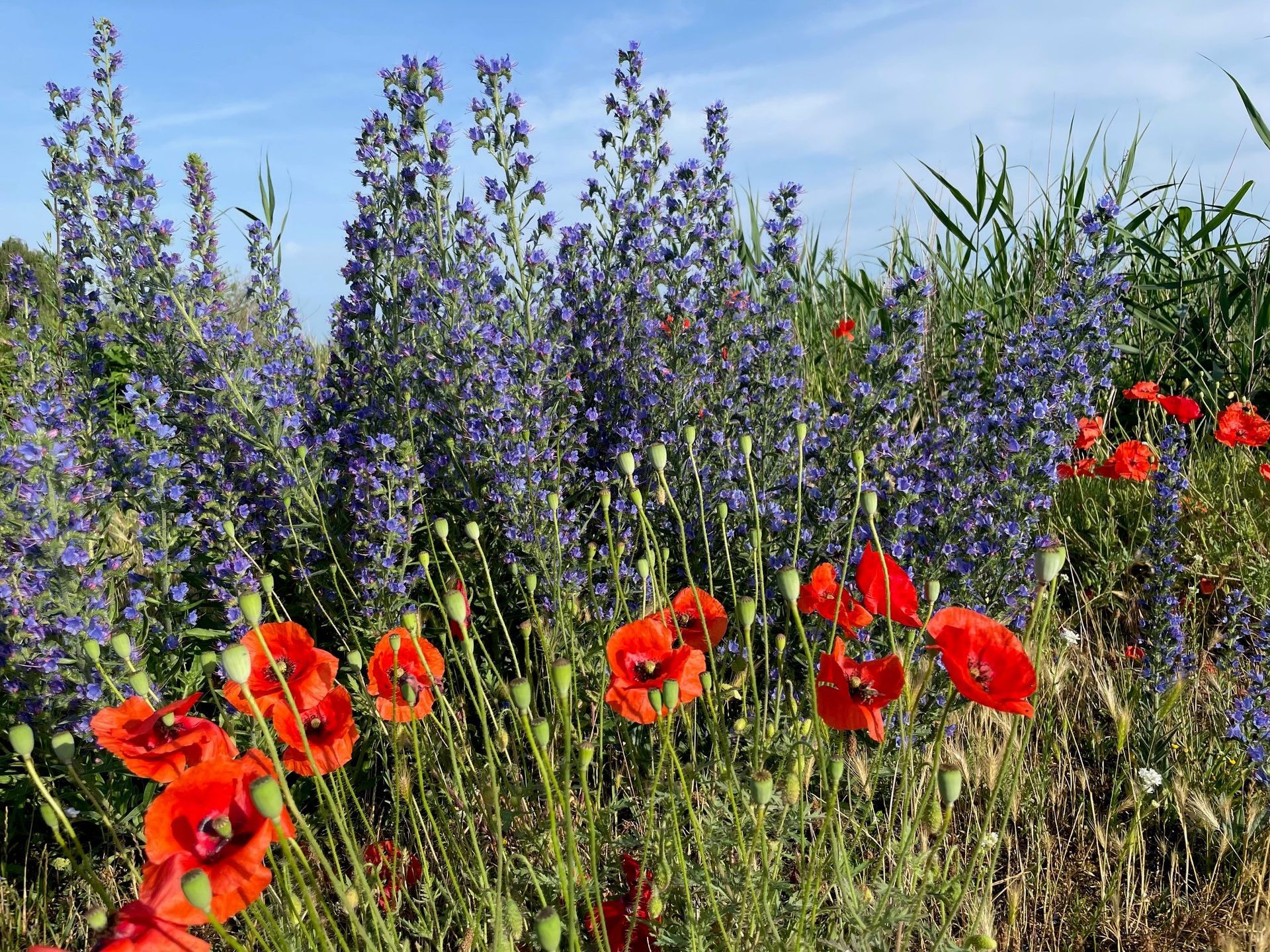
A sustainable workspace and an important meeting point
The newly inaugurated Rewilding Oder Delta headquarters is in Glashütte, near Rothenklempenow, in the federal state Mecklenburg-Vorpommern northeast of Berlin. The two-storey building from the 1920s will act as a rewilding hub, with offices, accommodation, a meeting area and garden, space for outdoor events and workshops, and information and imagery for visitors. The surrounding plot includes impressive landscape with grassland, hedges, trees, a large garden with vegetables and fruits.
The visit was an opportunity for both teams to get to know each other and talk about the partnership during the dinner at Haffhus in Ueckermünde, a hotel with a focus on digitization, energy efficiency and sustainability. On the way to Rothenklempenow, Rewilding Oder Delta’s highlighted the close-by partners: Planet-V, producer of organic, vegan meals, and Weltacker, an environmental education project.
The visit culminated in the on-site brainstorming session in the headquarters. The teams discussed the first ideas for modernising the buildings from the 1920s, including different space functions (offices, collaboration, education, exhibition), a new energy concept, and enhancing the exterior spaces.
Besides providing technical know-how, EnviroSustain expressed their interest in engaging in practical rewilding activities. Both teams will have the chance to meet during the joint clean-up action on the Ina River in Poland, one of ROD‘s priority areas.
A huge thank you to the team of Rewilding Oder Delta for hosting us and showing us this incredible landscape. We are looking forward to our collaboration and to meeting again in September,” says Ingemar Hunold
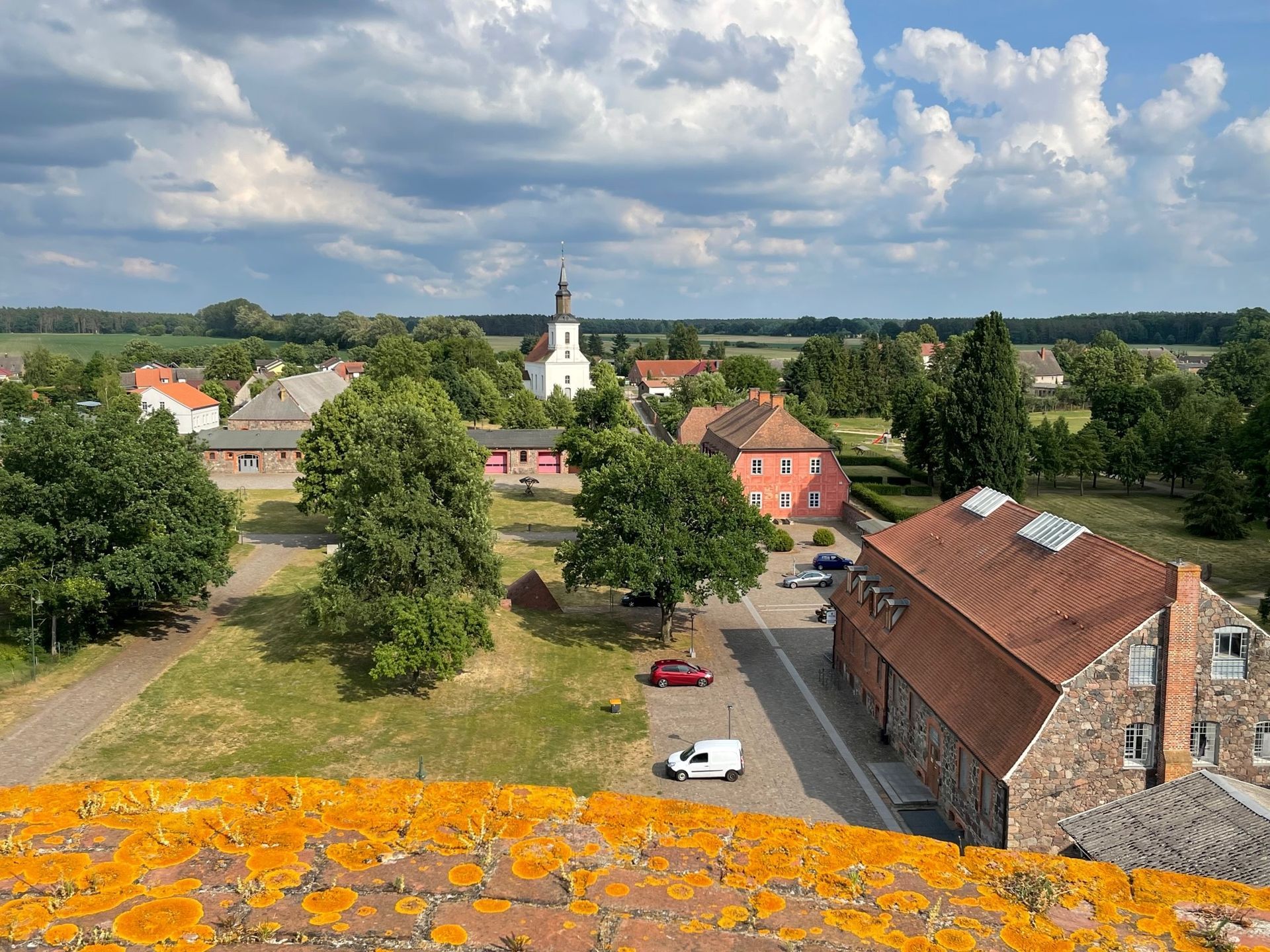
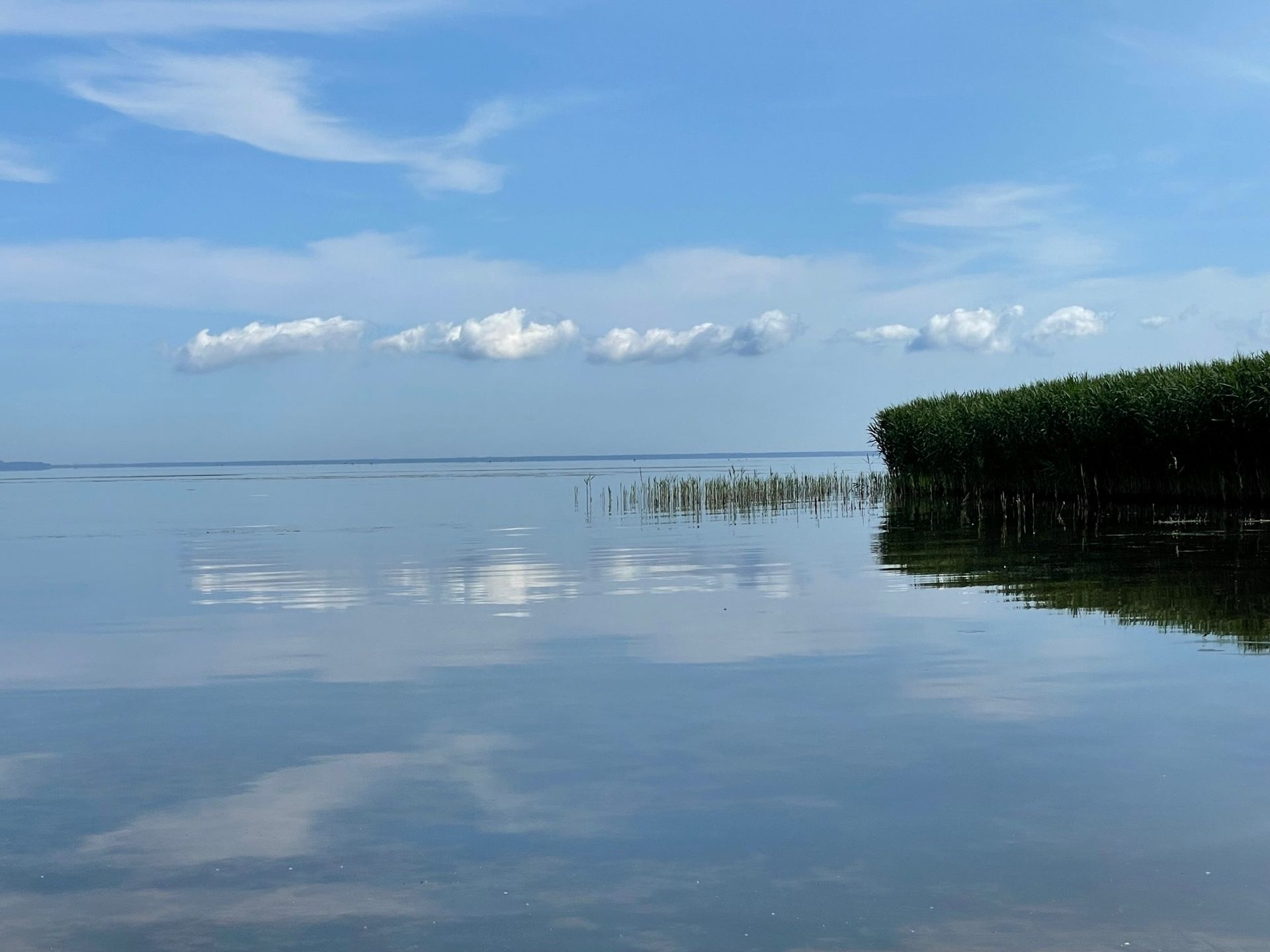
Further reading:
- More about Rewilding Europe & EnviroSustain partnership (RE)
- Inauguration of the Rewilding Centre in the Oder Delta

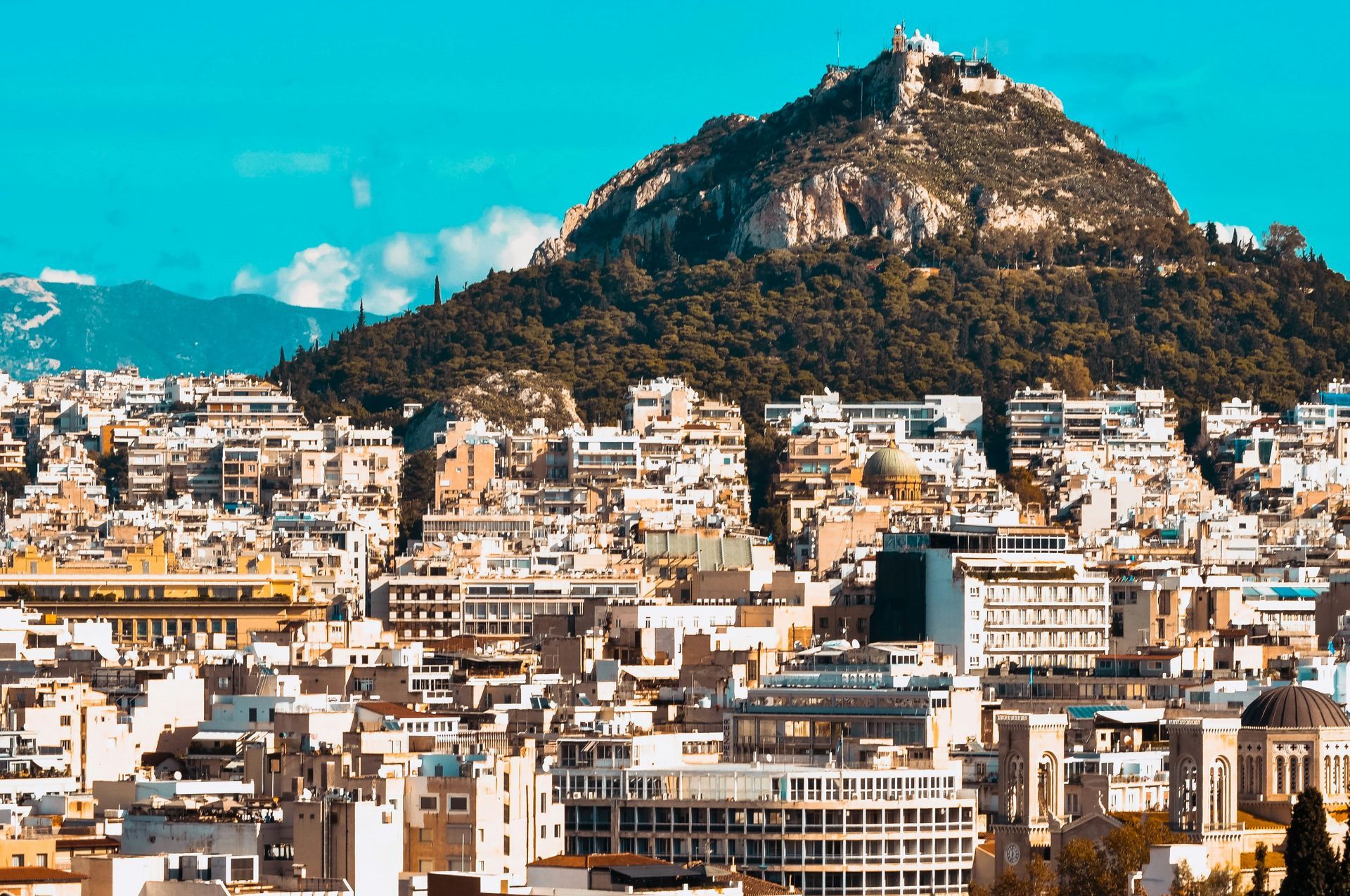
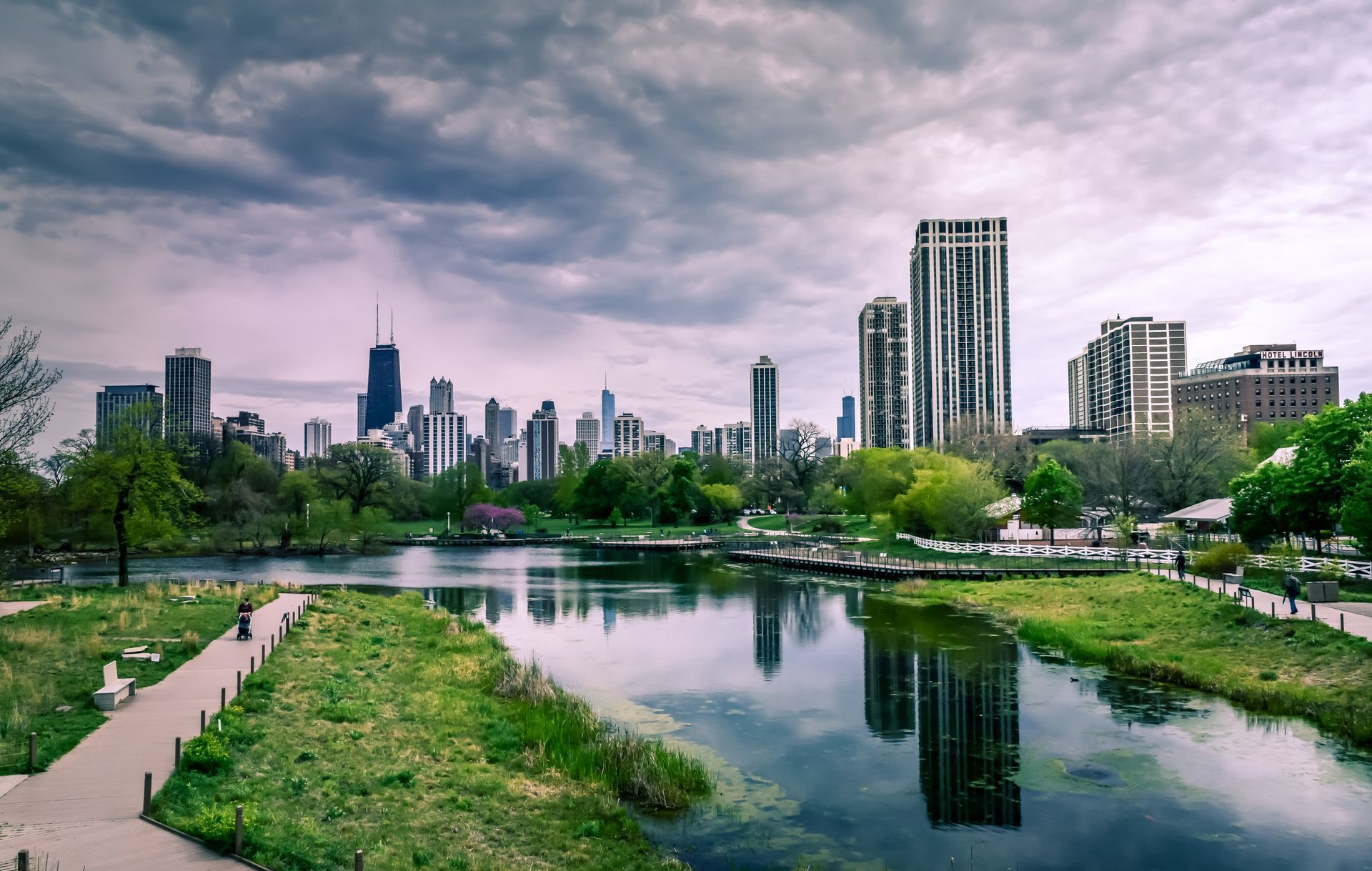
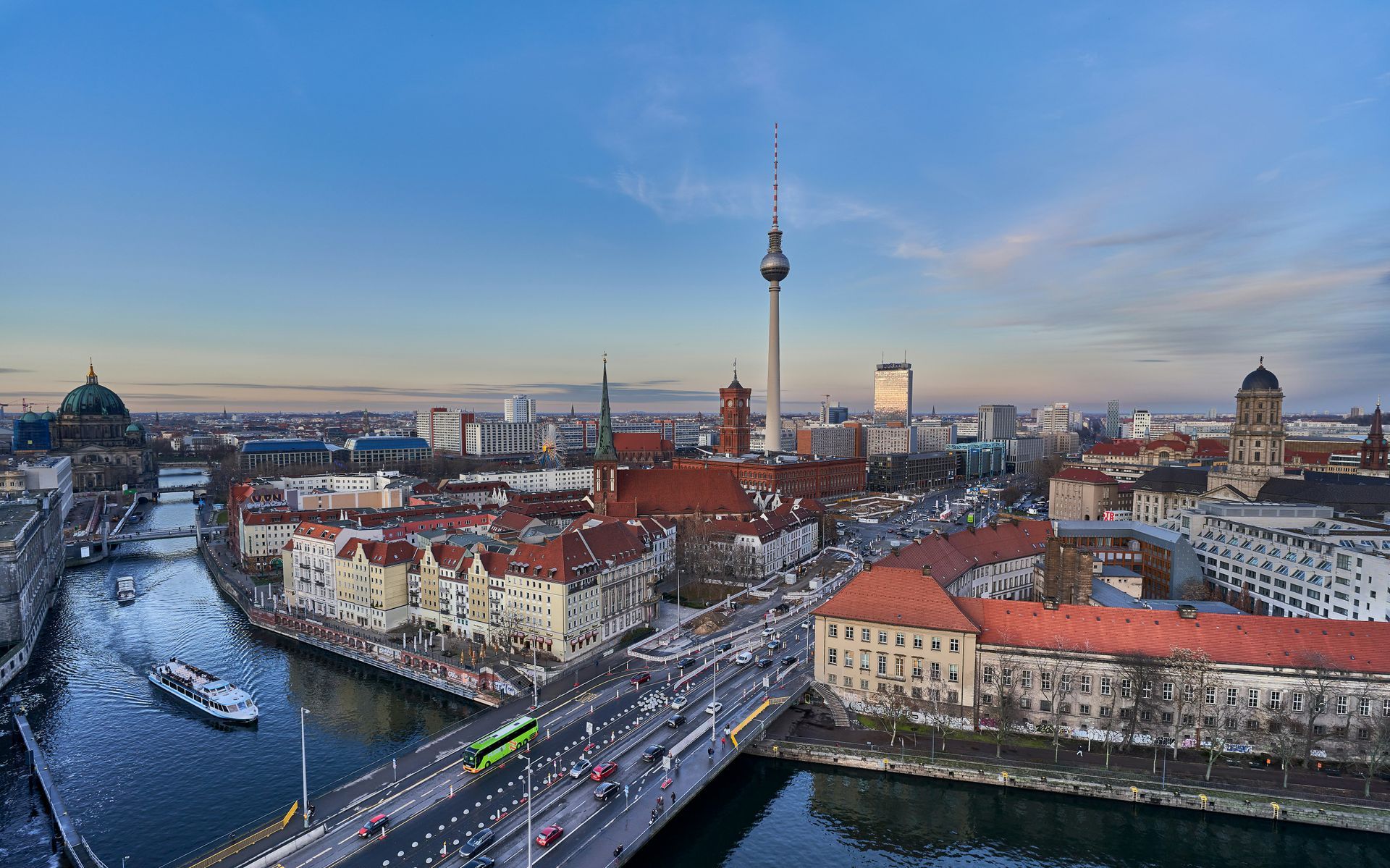
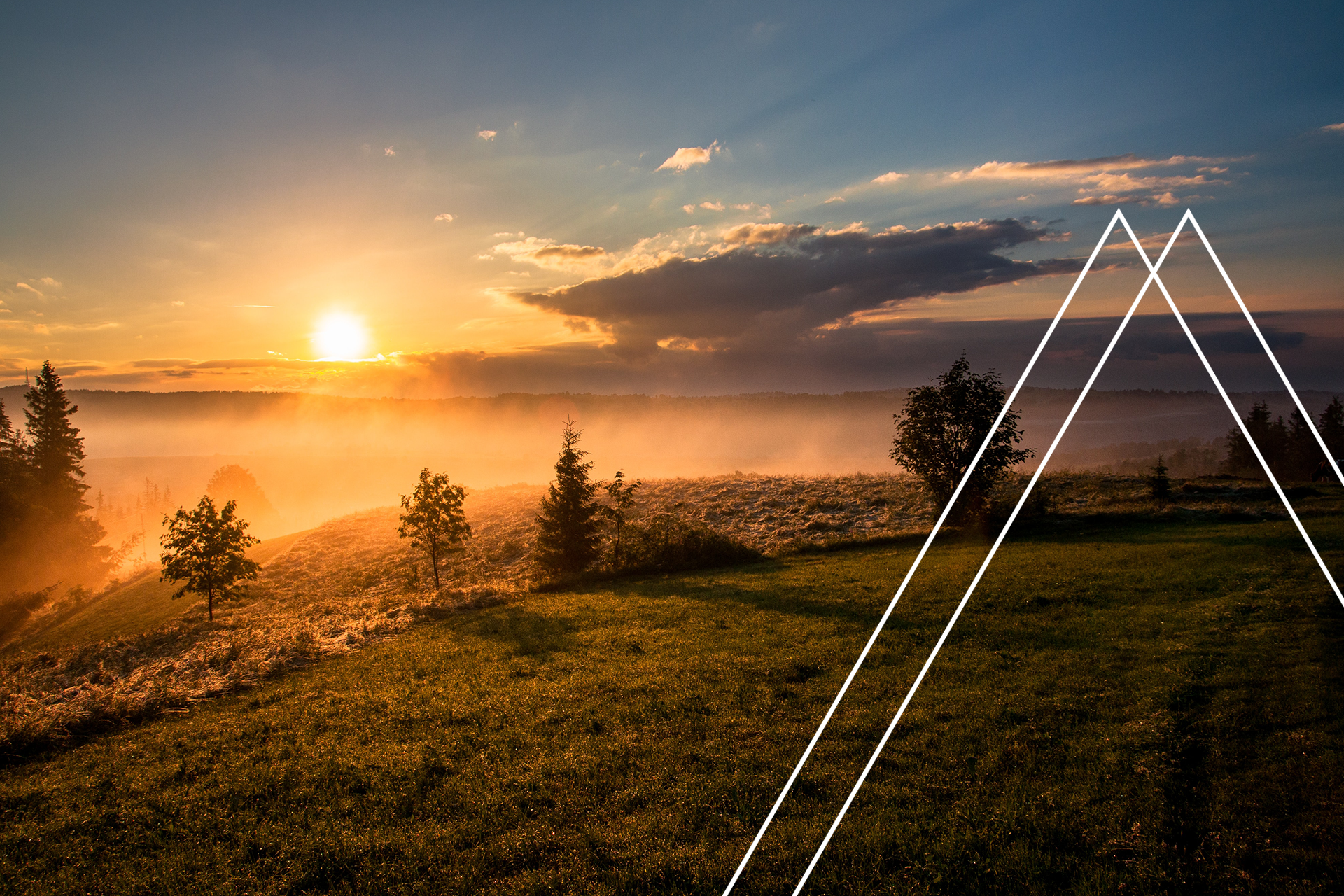
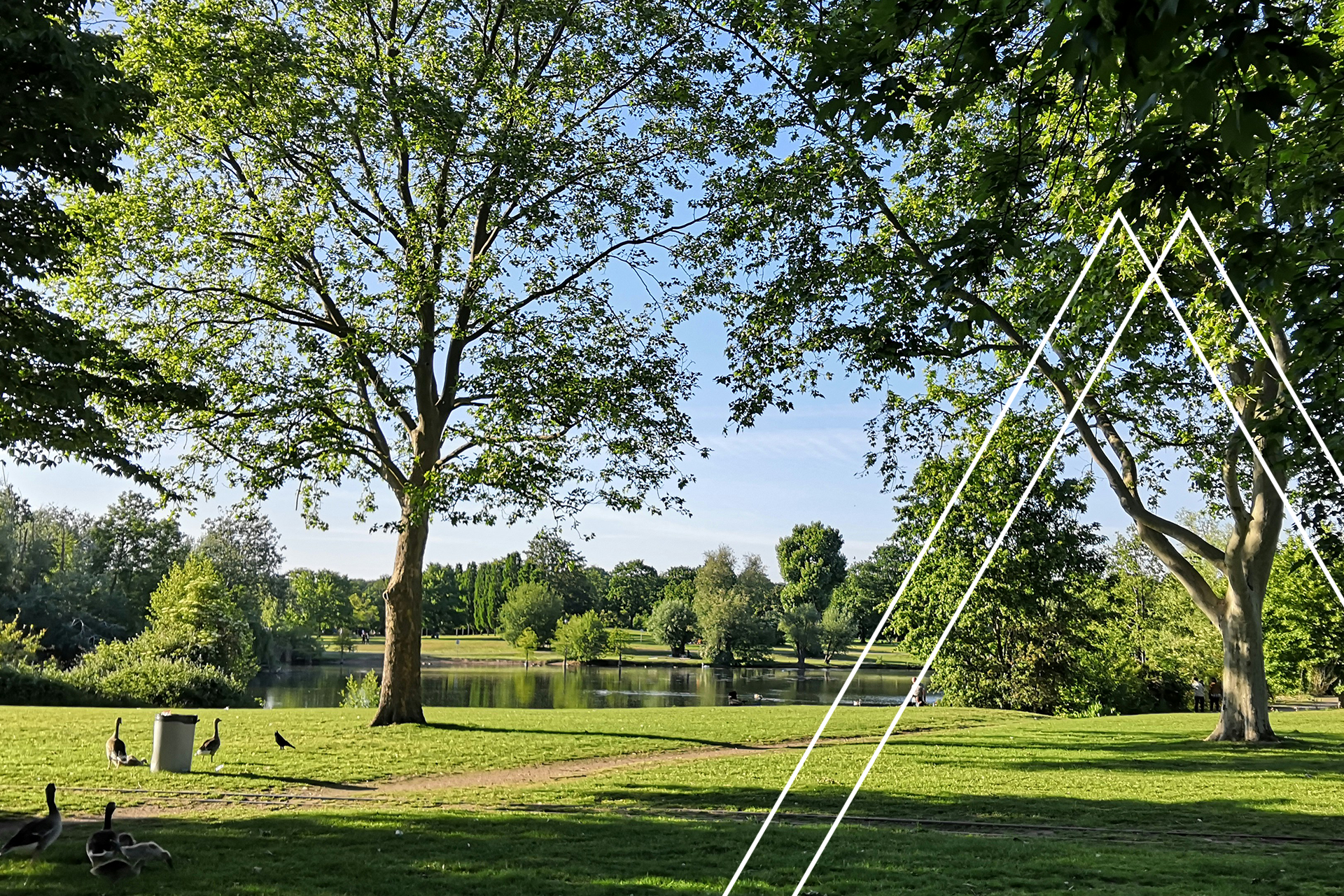
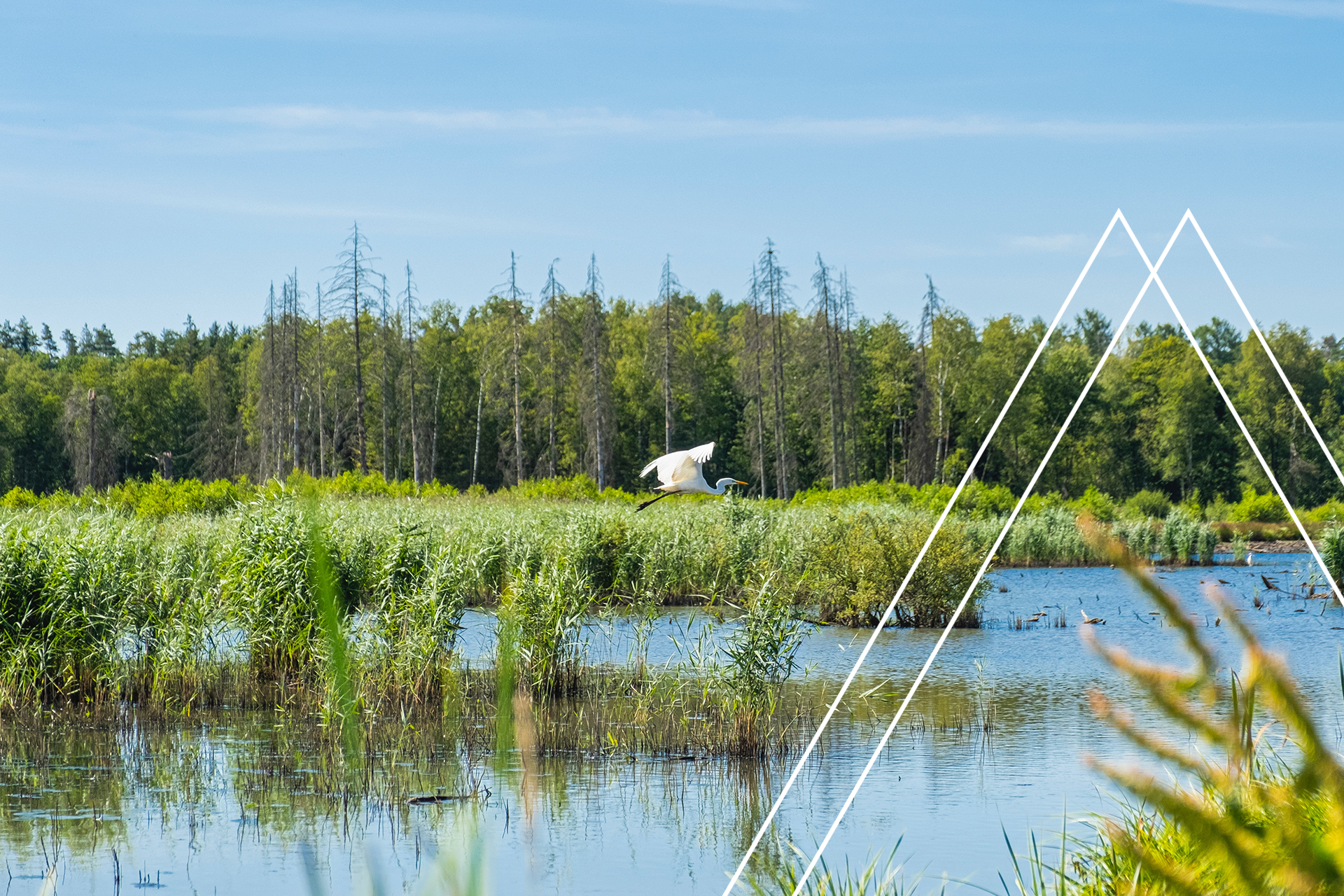
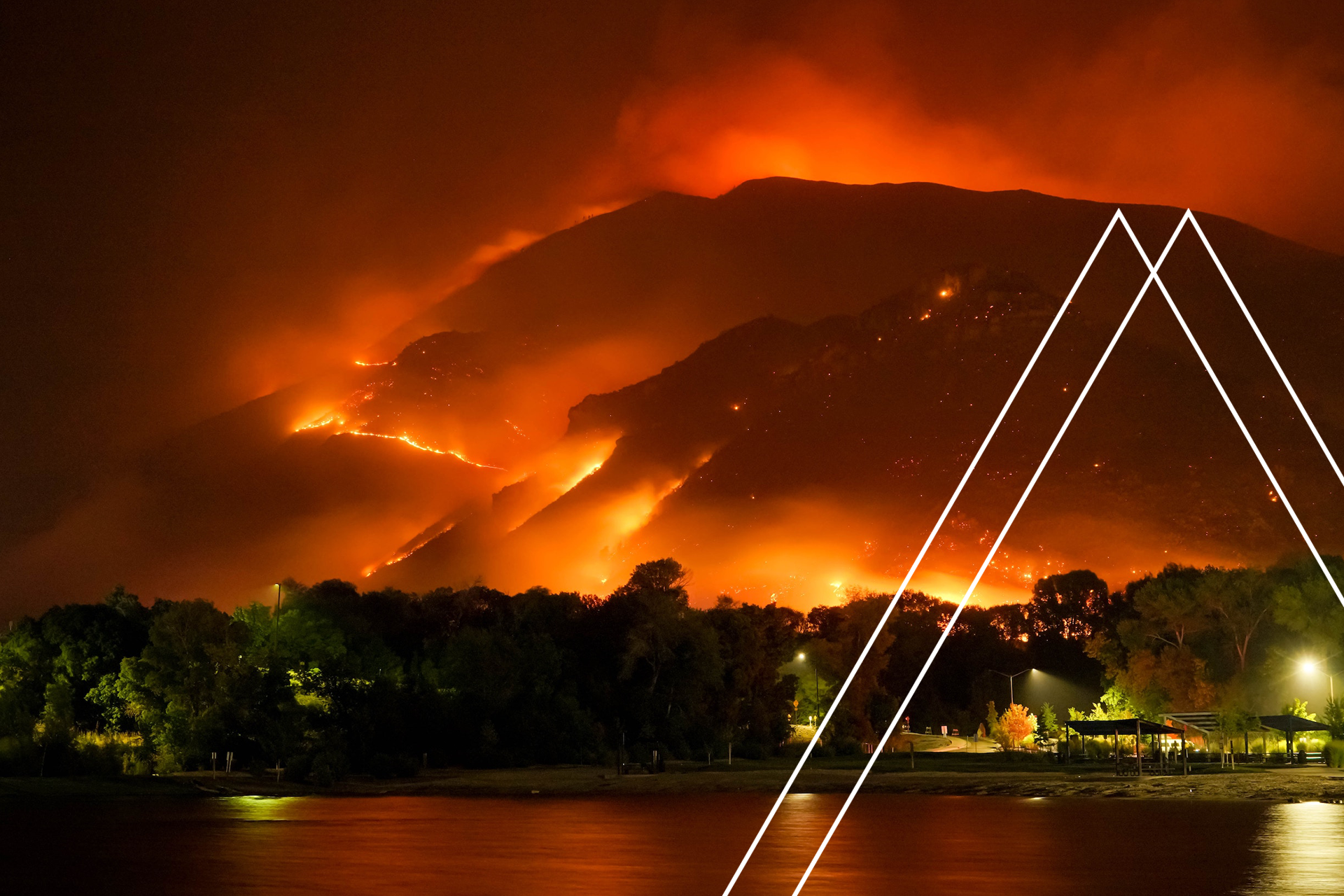
Head Office, Berlin,
Neue Grünstraße 17 | 18 Hof 1 | TRH 3
10179 Berlin
© ES EnviroSustain GmbH 2021



